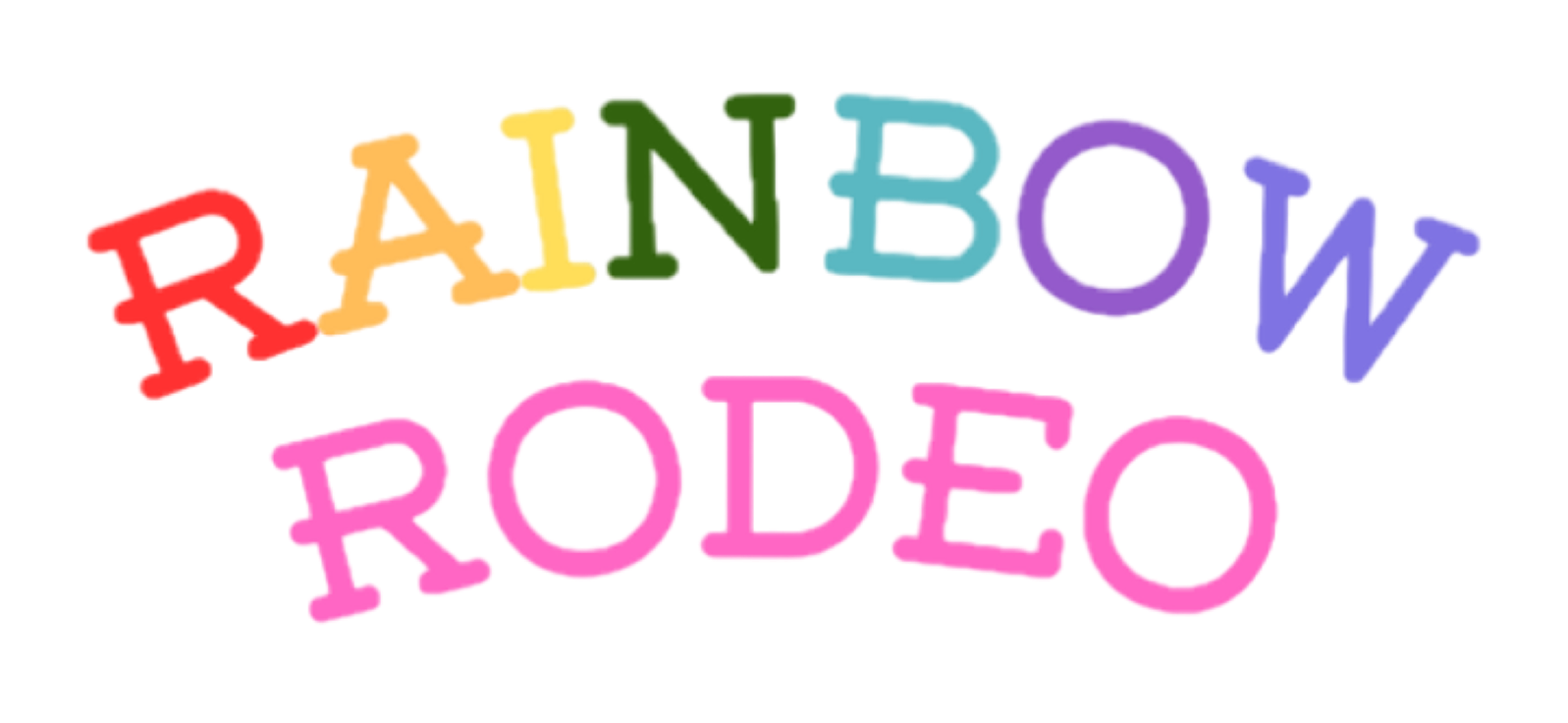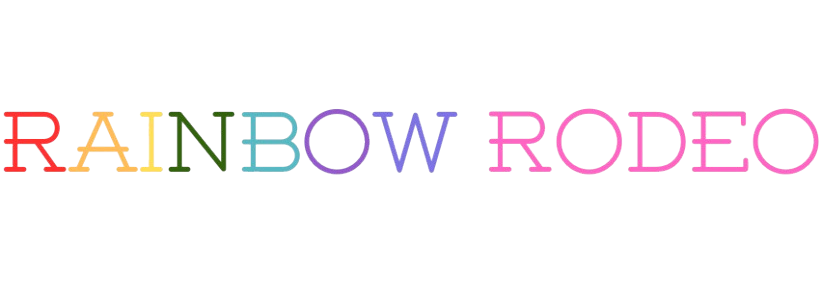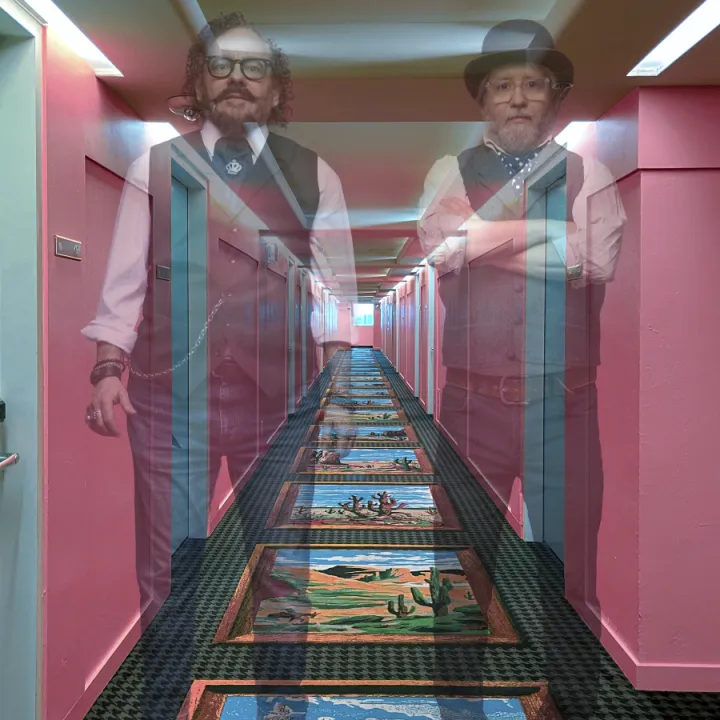OPINION: On Tyler Childers and Queer Tragedy

I’ve been thinking a lot about the evolution of allyship to LGBTQ people and representations of us. I had a friend who posted on social media a decade ago that so-called allies care more about marriage equality than queer folks. I agreed, as did many other LGBTQ people I know–and this was when Macklemore’s pro-marriage equality rap hit “Same Love” was everywhere.
And with Tyler Childers’s new video for “In Your Love,” I wonder how far things have come.
When I look back on the last decade, there are some great victories to celebrate, including for marriage equality, but way more to work on. For one, the mass shooting at the Pulse nightclub in Orlando in 2016 and the rising attacks on trans rights are but two critical signs that LGBTQIA+ lives aren’t valued to many who have power in this country.
But yesterday I saw a barrage of social media posts about a new country video with a gay love story. I watched it and found it genuinely moving. Country music needs songs and stories like those in Tyler Childers’s video for “In Your Love,” especially in the age of stars like Jason Aldean and Luke Bryan either equivocating about LGBTQ rights or expressing outright hostility towards LGBTQ causes and people.
I love the video for “In Your Love.” Country music needs more queer visibility on the terms of queer people. That I will never deny. But simultaneously, I’m tired of the need to show tragedy in such narratives, whether or not the tragedy is due to homophobia. Maybe it’s because I’m tired of homophobia–or, to be more accurate, heterosexism–and tragedy for LGBTQ people.
At the same time, while I celebrate the video of “In Your Love” placing two men at the center of a narrative about love and tragedy and see it as progressive, I also lament that fact: the music industry is using and exploiting a narrative about a gay love story for its gain, potentially as performative allyship. I am also glad that the video is bringing attention to issues like homophobia, so my feeling conflicted is, perhaps, to be expected.
That said, I wish we didn’t need a tragic narrative to bring attention to LGBTQ love and lives. I recognize the fact that this narrative of two miners finding love makes for a compelling video. I also recognize that it matters that it’s a working-class narrative, disrupting what scholar Nadine Hubbs calls “the middle classing of the queer” in her 2014 book, Rednecks, Queers & Country Music. In the video the love between the two characters feels genuine and made me smile. And I was moved by the tragedy.
But queer people don’t need more tragedy. Again, I liked the video, but I wish there were more stories of queer love without homophobia–not as a whitewashing of real life, but as an imagining of what life could be. That feels redemptive in a world being destroyed. For example, although I initially had issues with how the TV show Schitt’s Creek portrayed working-class characters, I recognized by the end that the show’s structure and character development were socially progressive. (And yes, as I wrote in this essay, I did cry during David and Patrick’s wedding.)
But I also recognize that many people aren’t there. So, I’m not faulting Tyler Childers for this video, which I appreciate. I just hope more people start celebrating queer love, beyond superficial, heteronormative signs saying “Love Is Love,” which don’t actually celebrate queer anything.
And even better, narratives about happy queer single life? I may have to write my own.




